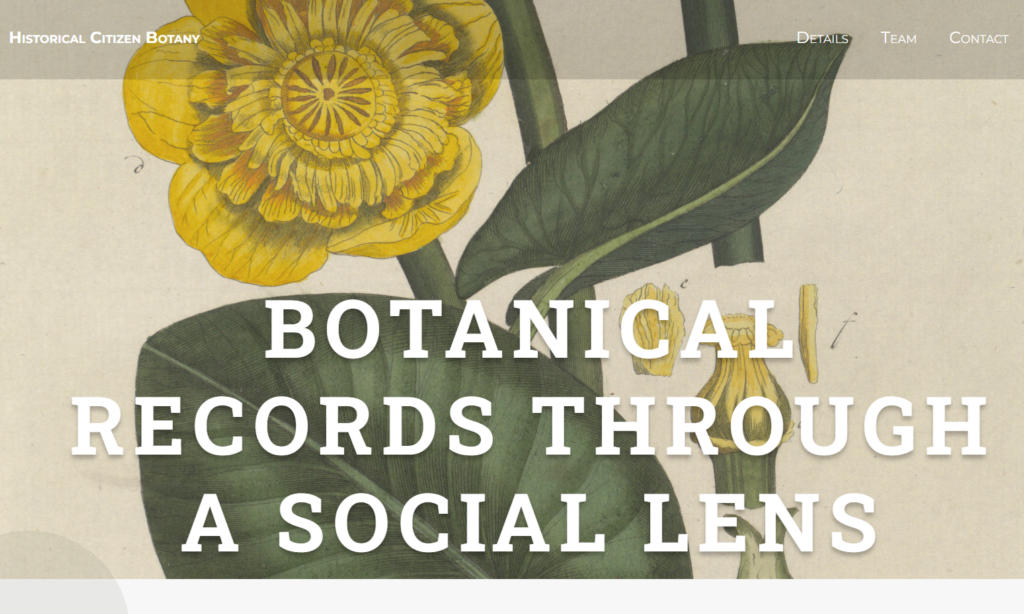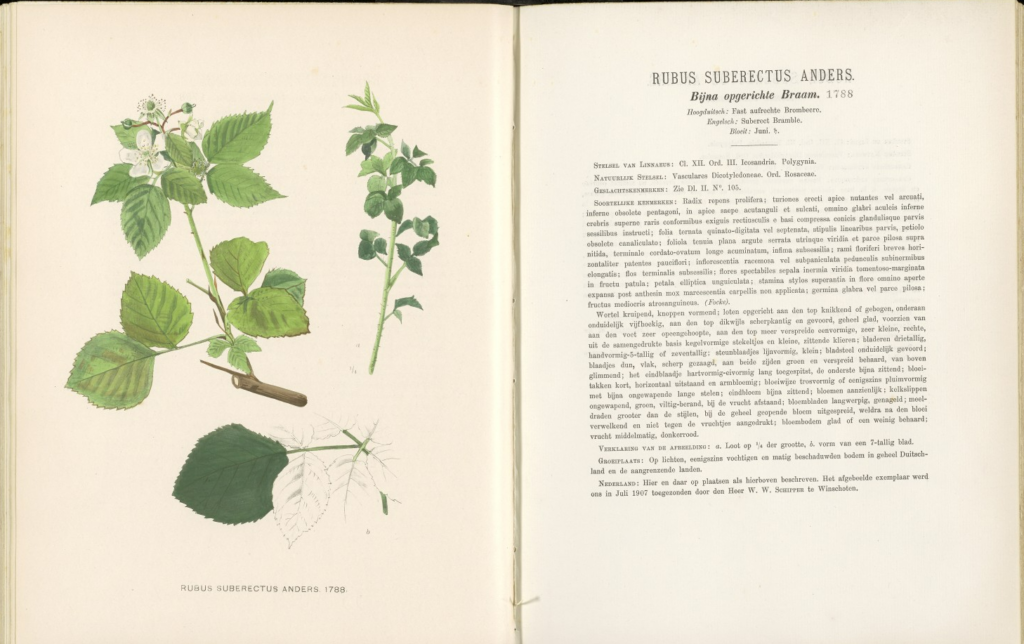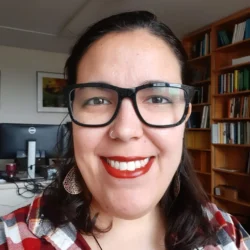Botanical Records Through a Social Lens
Exploring Bias and Perception in Historical Citizen Science
This project brings together contemporary and historical citizen-science knowledge on the subject of botanical life in the Netherlands. Through this research we aim to enrich the data on biodiversity in the Netherlands and learn more about the relationship between humans and nature over the years.

The research project combines the Meertens Institute’s expertise in the field of socio-cultural research and digital humanities with the ecological knowledge of the Netherlands Institute of Ecology (NIOO-KNAW). The two institutes are working together on the project with the aim of enriching contemporary biodiversity data by incorporating historical digital collections.
Historical and contemporary data
Recently, we have witnessed a boom in the number of citizen-science projects aimed at documenting biodiversity in the Netherlands. These projects provide essential input for biodiversity data, raise awareness of climate change and support more sustainable relationships with nature. However, the data collected suffers from ‘short-termism’: only the current situation is documented, without any consideration for historical trends.
In this project we place historical and contemporary data side by side. For example, we are enriching the current Verspreidingsatlas (Distribution Atlas), an online reference work containing observations of nature in the Netherlands, with historical data from the recently digitised Flora Batava (1800-1934), an illustrated survey of native plants in the Netherlands that includes contributions from amateur botanists.

Changing relationships between humans and nature
Through this research we can enrich and update knowledge of biodiversity in the Netherlands and also provide a historical perspective on the relationship between humans and nature. After all, the plants and sites documented by citizens and amateur botanists, today and in the past, tell us something about how these individuals relate to nature. Their collecting behaviour can be driven, for example, by location (mainly collecting plants in their own environment), hype (looking for a particular exotic species), or their own preferences.
The researchers are keen to identify this ‘bias’ in both historical and contemporary biodiversity projects. This information can provide an insight into how people view biodiversity and thus into perceived matters of urgency relating to climate issues.
PLAND database
The research also provides starting points for adding depth to and linking up existing research lines and databases of the Meertens Institute, such as the PLAND (‘Plantennamen in de Nederlandse Dialecten’ (Plant Names in the Dutch Dialects)), a database of popular names of plants in the Dutch linguistic area.
This project stems from an initiative by the Academy’s Humanities Cluster to extend its collaborations to the field of Environmental Humanities. The Meertens Institute and NIOO-KNAW will receive a grant of €248,000 from the Academy Institutes Research Fund for this project. The project was developed partly in response to the Dutch Climate Research Initiative (KIN) of the Dutch Research Council (NWO) and the Academy.
Partners: NIOO-KNAW, FLORON, the National Library, and advisors from Utrecht University.




